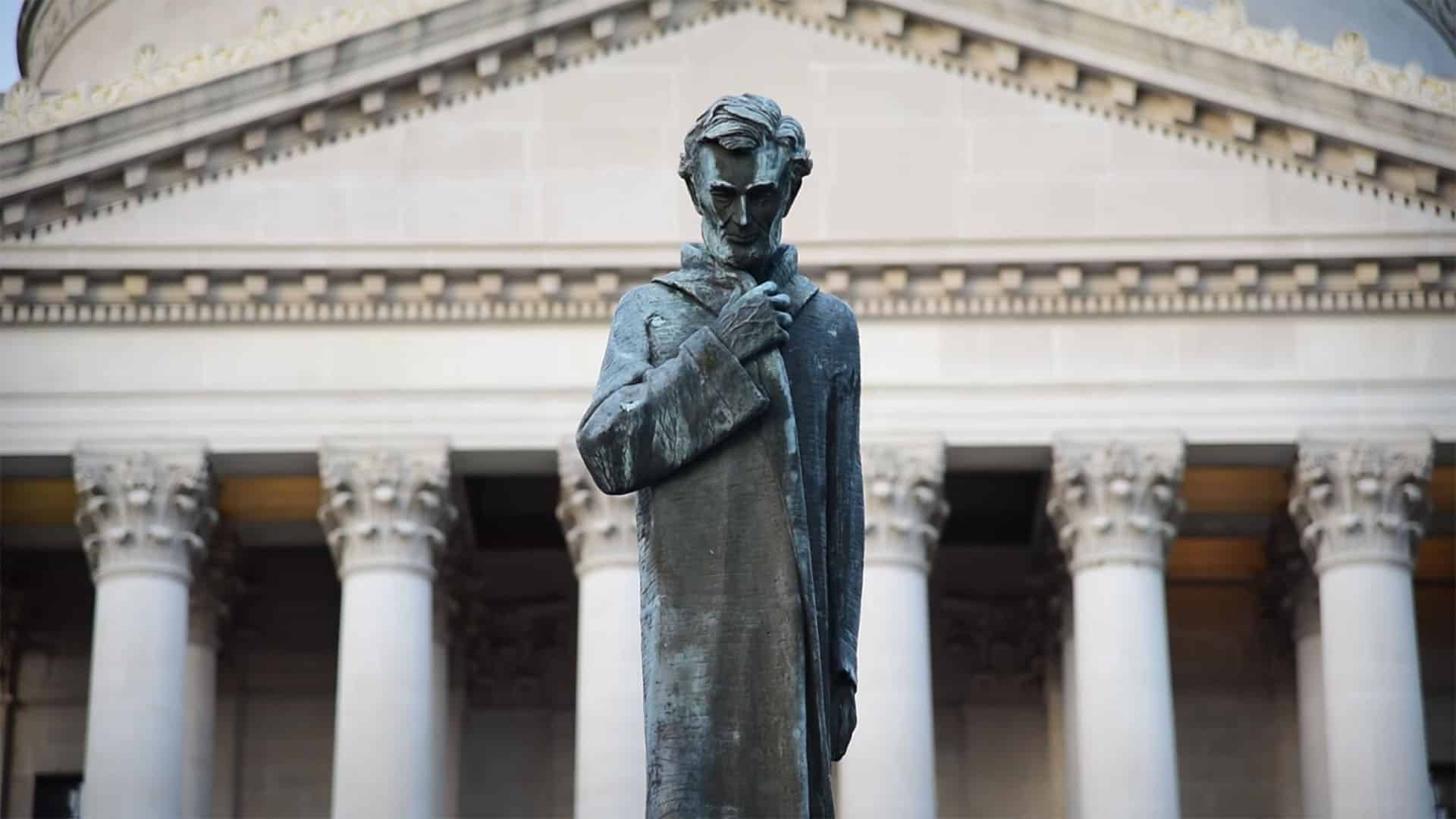PRESS RELEASE: Cardinal Institute Unveils Opportunity Passport, Outlining Five Key Policy Initiatives

CHARLESTON, W.Va. – The Cardinal Institute for West Virginia Policy announces its top five policy priorities for the 2025 Legislative Session, designed to drive economic growth and expand opportunities across the state.
“Building off the momentum of recent years, West Virginia can continue advancing transformational policy reforms with this slate of ideas put forth in the Cardinal Institute’s new Opportunity Passport,” Cardinal Institute’s Director of Policy and Research Jessi Troyan said. “These five policy priorities center on smarter government and maximizing opportunity for West Virginians of all stripes to pursue their version of the American Dream.”
2025 Opportunity Passport | Policy Priorities
- Eliminate Certificate of Need: West Virginia’s outdated Certificate of Need (CON) laws require healthcare providers to obtain government approval before expanding or acquiring new equipment, creating costly barriers and limiting access to care. Fully repealing these burdensome regulations would reduce healthcare costs, improve quality and increase access.
- Reform Occupational Licensing: Occupational licenses act as barriers to employment and require significant time and financial investment to obtain. Adopting universal recognition of out-of-state licenses in West Virginia will encourage workers to move to the state, stimulate the economy and increase the labor participation rate.
- Require Skills-Based Hiring Practices for Public Sector Jobs: West Virginia’s public sector requires four-year degrees for many jobs, excluding talented candidates who lack formal education but offer valuable experience and skills. Shifting to a skills-based hiring approach would expand the applicant pool, empower underemployed groups, and offer a model for the private sector to follow, ultimately strengthening the state’s workforce and economy.
- End Civil Asset Forfeiture: Civil asset forfeiture allows law enforcement to seize property suspected of involvement in criminal activity, even without a conviction, undermining citizens’ property rights and due process. Abolishing this practice in West Virginia would protect civil liberties and reduce the risk of policing for profit.
- Reduce Unnecessary Boards and Commissions: Coupled with regular performance reviews, West Virginia could improve efficiency and reduce unnecessary bureaucracy by consolidating or eliminating certain boards and commissions. The implementation of such reforms would streamline government, reduce waste and enhance accountability.
“West Virginians should be excited by the ambitious nature of these reforms,” Troyan said. “Other states have paved the way in many of these to the benefit of their residents. Our lawmakers have the opportunity to enact bold policy at the height of national and state reforms. Enacting bold policy reforms such as these are crucial to success in making West Virginia an evergreen beacon of hope, opportunity, and prosperity.”
The 60-day regular session of the West Virginia Legislature is underway, commencing on Wednesday, February 12. The Cardinal Institute’s 2025 Opportunity Passport can be found on its website.
Founded in 2014, the Cardinal Institute for West Virginia Policy, Inc. is a 501c(3) non-profit dedicated to researching, developing, and communicating effective free-market public policies for West Virginia.
###

